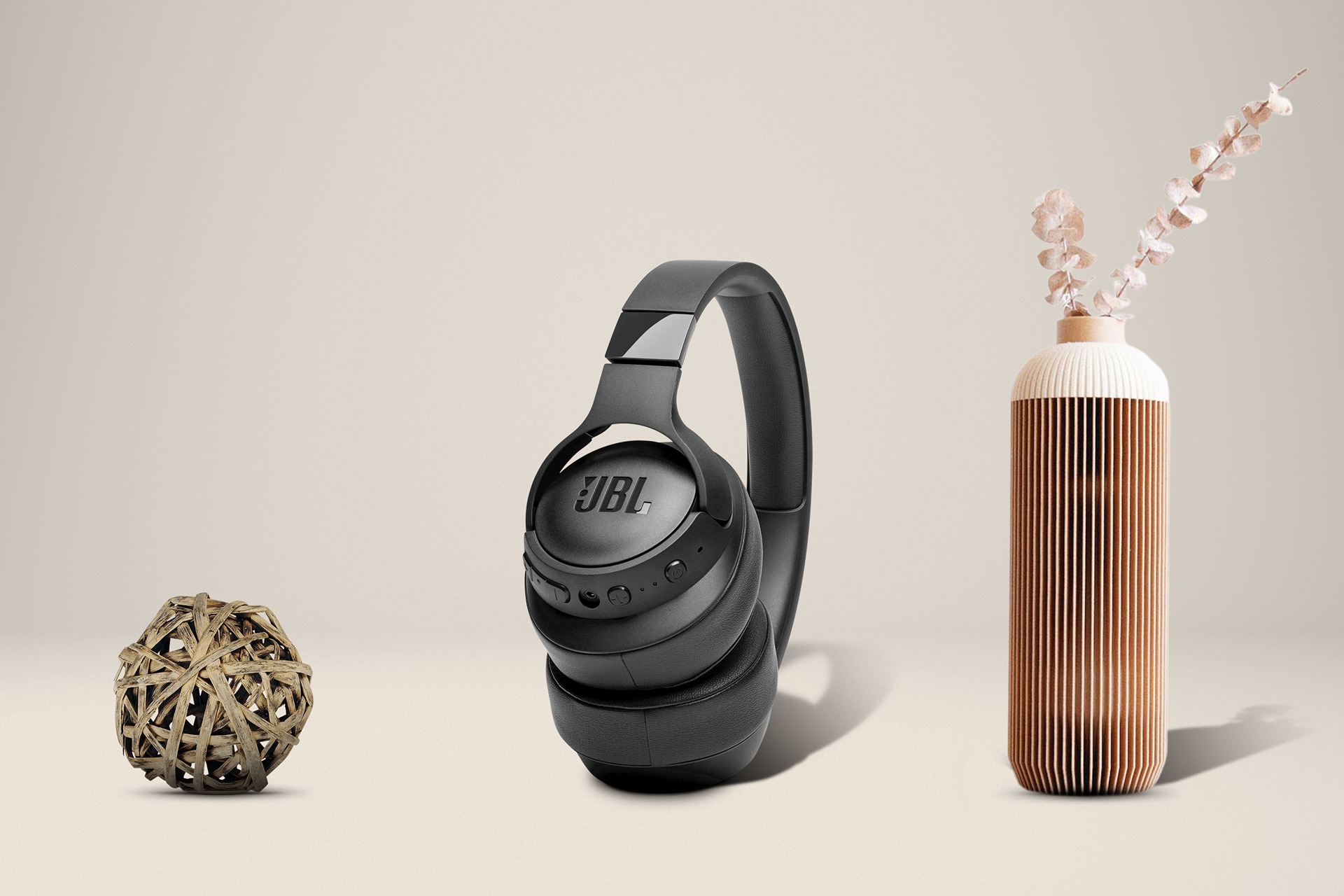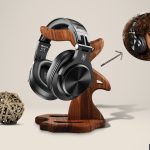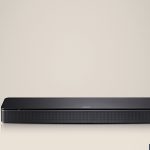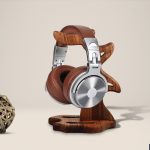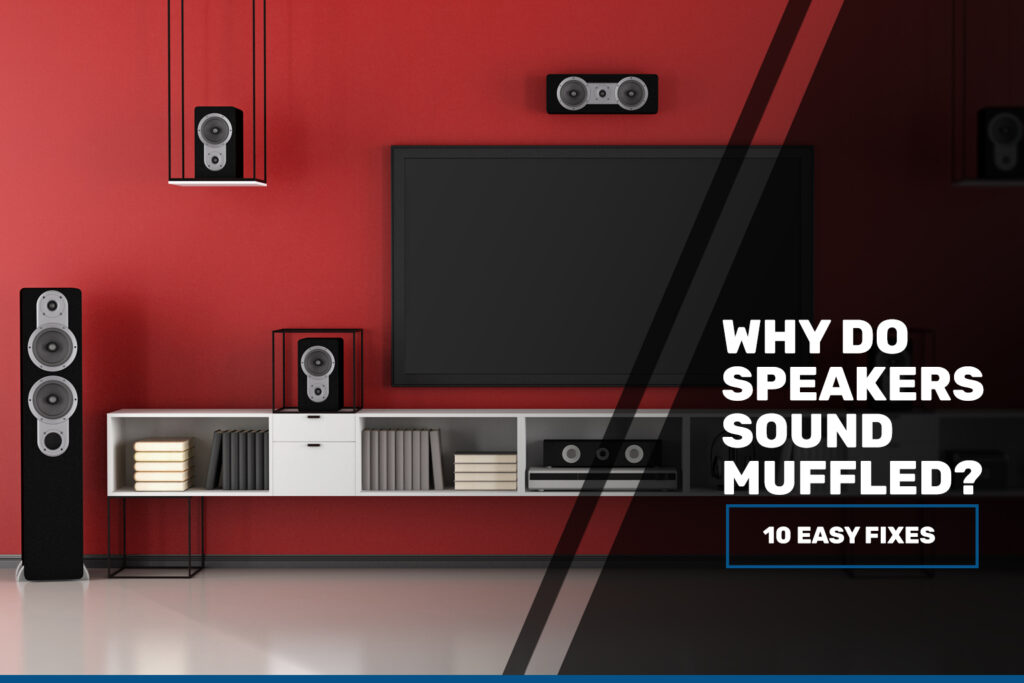
Are you sick and tired of having trouble hearing your speakers? It’s not just you. Muffled sound from speakers has been a common complaint, and fixing the issue can be frustrating.
To help you obtain the crisp, clear audio you deserve, we’ll look more closely at what makes speakers sound muffled and I’ll try to offer some simple yet solid solutions.
We’ll try to cover everything from basic fixes to more advanced ones. Let’s get into it!
Why can speakers sound muffled?
There are a number of factors, including dirt or debris obstructing the speaker grills, an inappropriate audio setup, bad room acoustics, or a malfunctioning audio source that might cause speakers to sound muffled.
Muffled sound can also be caused by damageed or worn/old speakers, which are also key factors to poor sound performance in speakers. Anyhow, let’s now see what are the 10 ways to fix muffled speakers!
Also Read: What Causes Muffled Sound on My Headphones?
10 Ways To Fix Muffled Speakers
Clean the speaker grills
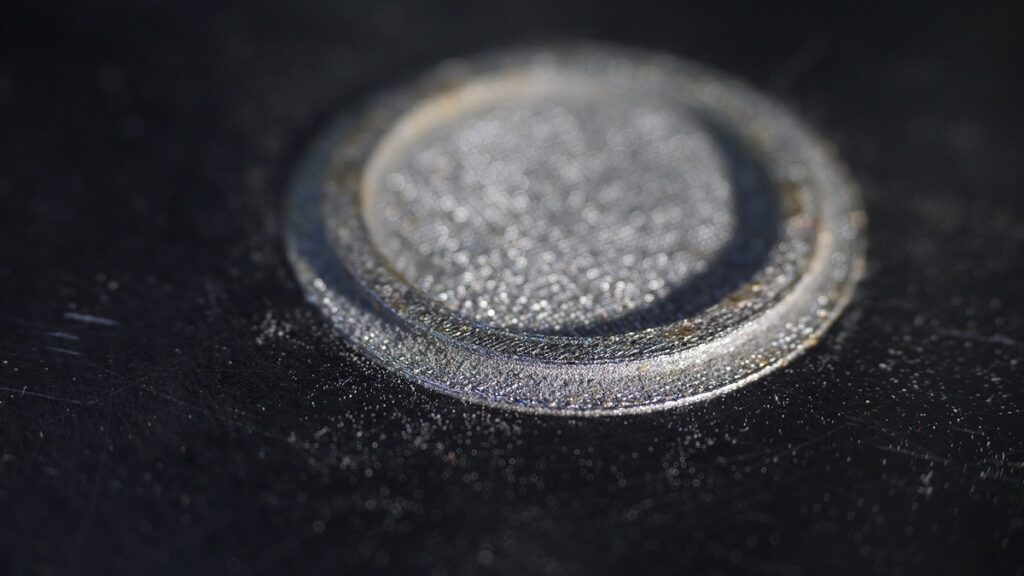
Make sure the speaker grills are spotless and debris-free. Dust or grime that might be blocking the sound can be gently removed with a soft brush or compressed air.
Check the audio settings
Make sure your audio settings are set up correctly. Make sure the bass and treble levels are balanced and that the loudness is not too low.
Adjust the position of the speakers
Try moving your speakers around in different locations to see if that enhances the sound, or if the placement of your speakers is at fault.
Improve room acoustics
To enhance the acoustics and lessen muffled sound, consider adding sound-absorbing materials to your space. In most cases, it will not only fix your problem, but it will also significantly improve sound performance.
Replace the speaker wires
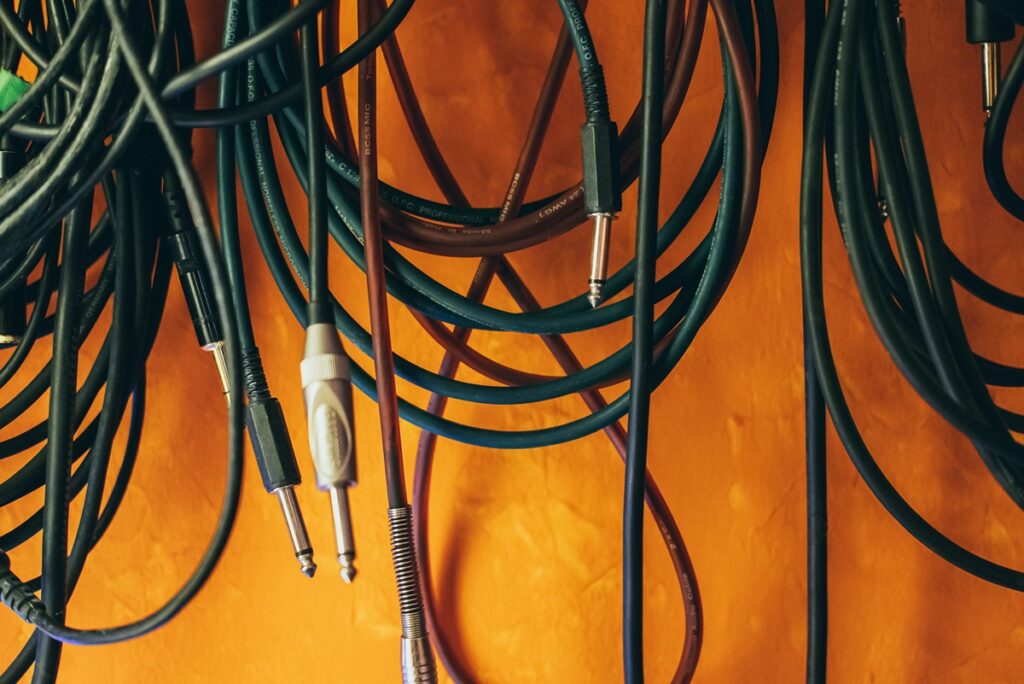
Sound might be muffled by speaker wire that is old or damaged. To get a clean signal, replace the wire with fresh, high-quality wire. I’ll talk in the upcoming paragraphs on how much a high-quality wire makes a difference when it comes to speakers in general.
Check the audio source
Ensure the audio source is working properly. Check your device for any software or firmware updates. If there are any available, it’s necessary you get the updates so you have the latest firmware that works with your drivers.
Test with different audio formats
To determine whetherr the muffled sound is particular to a certain audio format, try playing different audio formats, such as mp3 or wav.
Use an equalizer
To customize the audio settings for your particular speakers and space, use an equalizer and try playing around with the options until you see an improvement in sound.
Check for damage
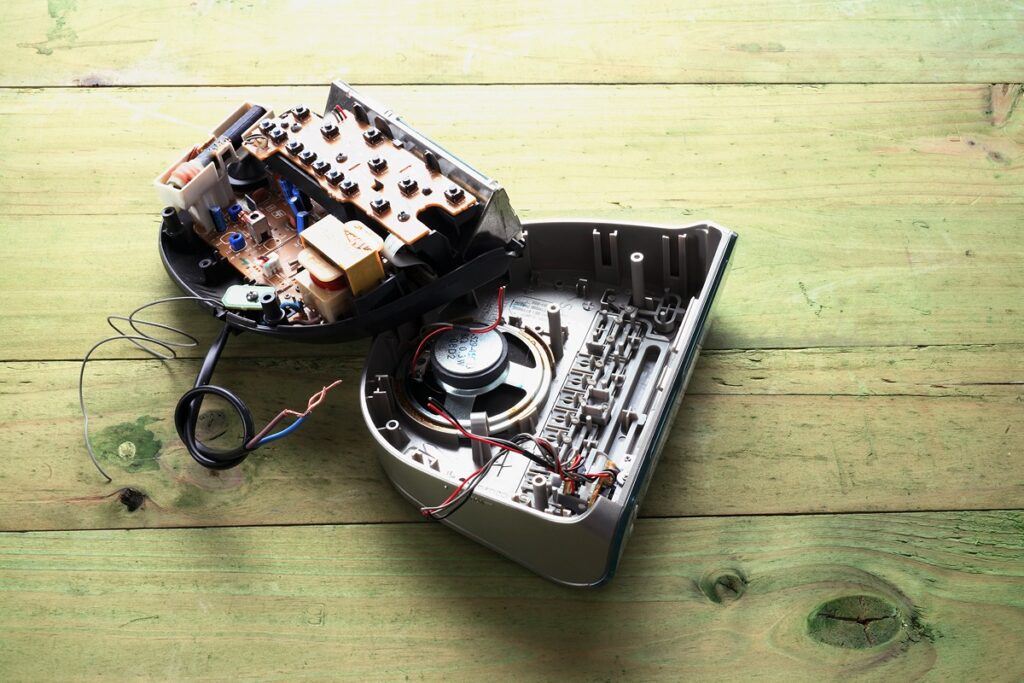
Check if the speakers are damaged in any part of the body. The cone might be damaged, or the wires, either way, whichever one it is, that might be the reason for the muffled sound you’re getting.
Consider an upgrade
If all else fails, consider replacing your speakers with a better pair that will produce clearer sound. Nonetheless, this should be your way out if nothing else work from the fixed we mentioned earlir.
Improving Room Acoustics To Improve Sound Output: Does It Work?
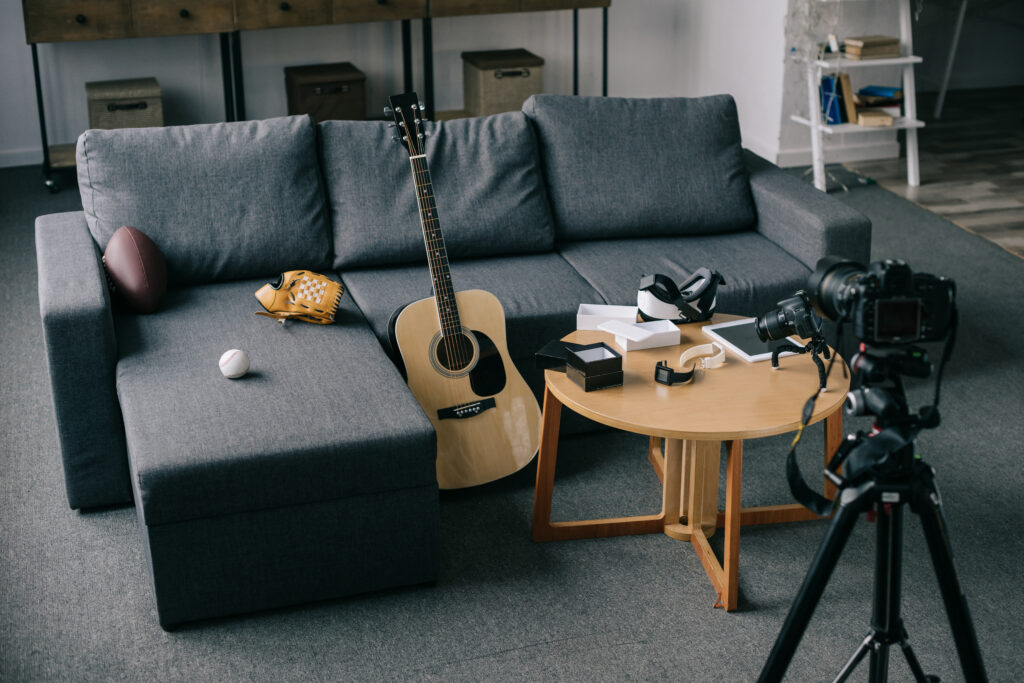
The overall audio performance of a space can be significantly improved by improving room acoustics.
The materials and design of the room itself dictate how sound will behave there, and poor acoustics can result in sound that is muffled, distorted, or echo-like.
You may significantly improve the audio experience by improving the space and taking steps to utilize room acoustics.
The reflective hard surfaces are one of the most frequent causes of room acoustics issues. Sound waves can reflect off of hard objects like walls, floors, and ceilings, bouncing about the space and interfering with one another.
This may result in “comb filtering,” a phenomena in which some frequencies are enhanced while others are cancelled out. As a result, the sound may become distorted or muffled and may be challenging to interpret.
You can solve this issue by furnishing your room with sound-absorbing materials. For instance, you can utilize sound-absorbing furniture and decor or place acoustic panels on the walls or ceiling. It’s recommended you do all of the previously mentioned in order to get optimum performance from your speakers.
Does High-Quality Wiring Make A Difference?
A number of problems might occur from poor wiring, including resistance in the wire, which can reduce signal intensity and lead to distortion.
Additionally, poor quality wires may be more vulnerable to interference, such as radio frequency interference or electromagnetic interference, which can cause further signal loss and distortion.
High-quality wire, on the other hand, is able to successfully reduce resistance and interference, assuring a clear, accurate, and a better signal transfer.
Oxygen-free copper (OFC), which has a lower resistance and a better signal transfer than conventional copper wires, is a characteristic component of high-quality wire.
To be more specific, high-quality wire is shielded in such a way to ward off interference, which might aid in preserving the signal’s integrity.
In other words, audio performance can be significantly affected by the quality of the wire used in speakers. All and all, using low-quality wire can result in a number of problems like distortion, interference, and signal strength loss, using high-quality wiring can guarantee a clear, accurate, and dependable signal transfer.
Also Read: What Causes Muffled Sound on My Microphone?
Verdict
In this article, I tried covering the most common reasons for muffled speaker sound, including blocked speaker grills, improper audio settings, bad room acoustics, malfunctioning audio sources, and worn-out or damaged speakers.
I also tried to offer fixes, such as cleaning the speaker grills, modifying audio settings and speaker positioning, enhancing room acoustics, changing speaker wire, checking the audio source, using an equalizer, checking for external damage, and lastly upgrading the speakers if all else fails.
Finally, keep in mind that before coming to a conclusion as to why your speakers sound muffled, it’s important to first identify what’s the cause for the muffled sound. If you can’t find it, you’ll have to try every fix that I mentioned above, which is too much stuff to try, right?
Mix & Mastering
I love to get my hands on all sorts of audio equipment, from headphones and speakers to audio interfaces. I love putting these products through their paces and seeing what they can do.

